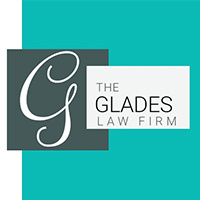Newtonia Divorce & Family Law Lawyer, Missouri
Phillip Alan Glades
✓ VERIFIEDAccident & Injury, Divorce & Family Law, Criminal
Our experienced legal staff is dedicated to helping you with the following legal matters: Family Law Criminal Defense Personal Injury
FREE CONSULTATION
CONTACTFREE CONSULTATION
CONTACTFrank Ross Gipson
Traffic, Family Law, Corporate, Personal Injury
Status: In Good Standing Licensed: 9 Years
Patricia Ann Brock Loveland
Juvenile Law, Estate Planning, Adoption, Elder Law
Status: In Good Standing Licensed: 29 Years
Bryan Preston Stevenson
Wills, Gift Taxation, Family Law, Bankruptcy, Elder Law
Status: In Good Standing
Jennifer Faye Wattman
Estate Planning, Workers' Compensation, Family Law, Personal Injury
Status: In Good Standing


